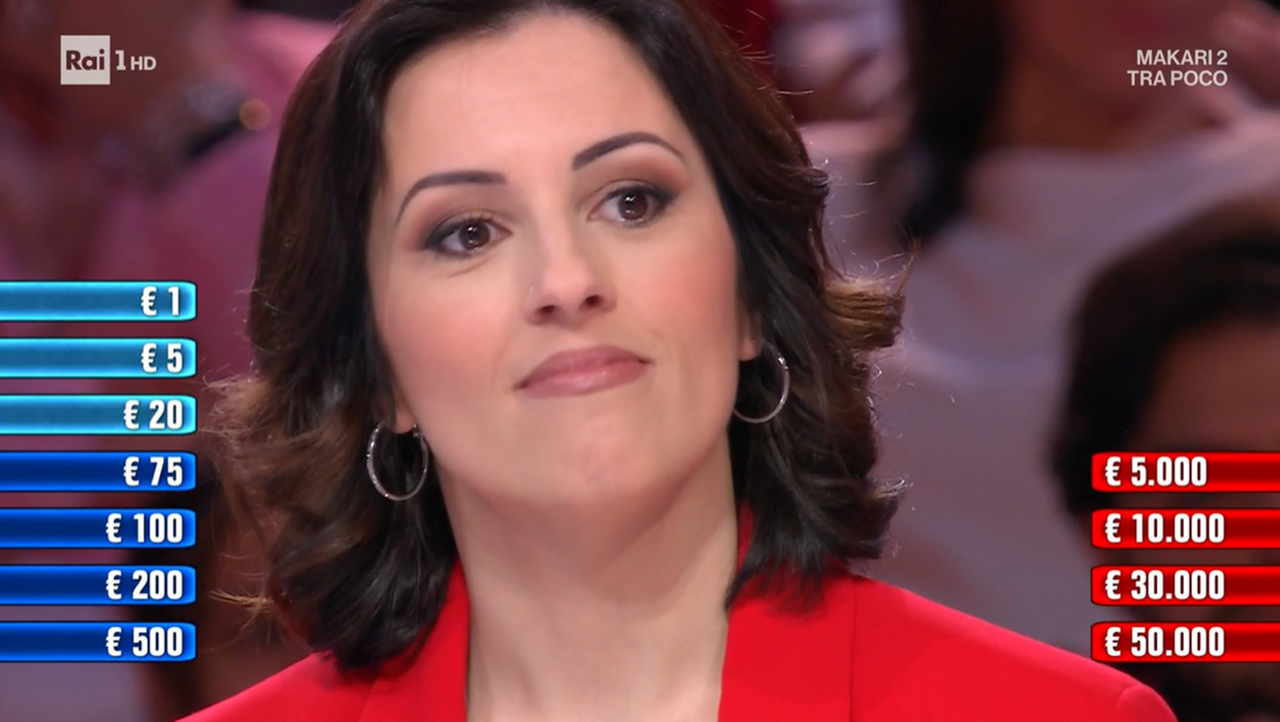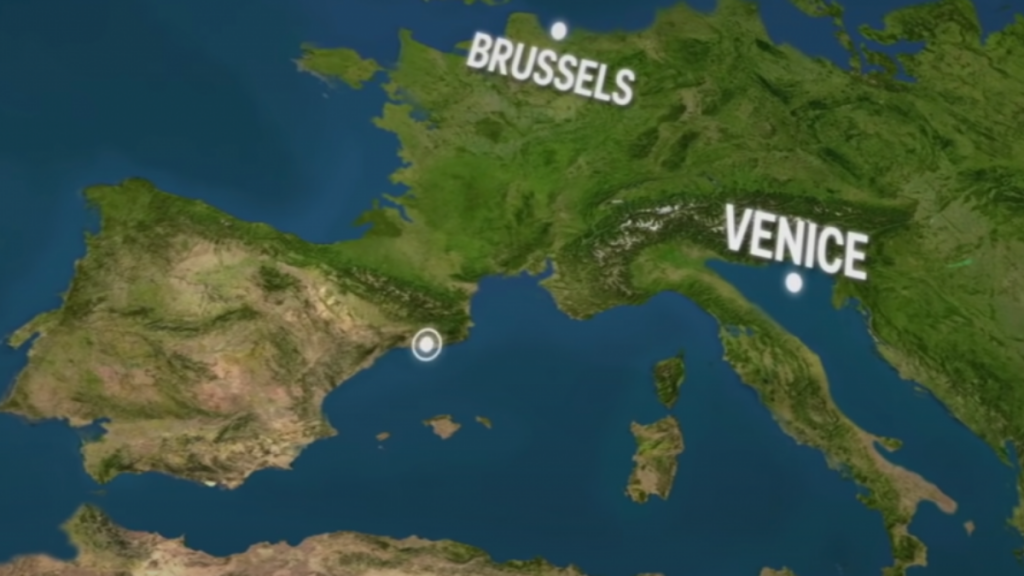They say the devil is in the details, and this is even more true when we talk about the technicalities of central banks’ monetary policies that are not accountable to anyone. The one who saw Satan working was the professor Paul DeGrawey Who pointed this out on Twitter immediately after the decision European Central Bank On a further increase in the cost of money.
Today, the European Central Bank raised the interest rate on deposit facilities to 4%. It thus increased its generous transfers to banks by 10 billion euros, bringing the total to 146 billion euros. It could have avoided this by raising the minimum reserve requirement from 1% to 2.5%. Why didn’t the ECB do this?
– Paul de Grauwe (@pdegrauwe) September 14, 2023
De Grauwe is a respected economist and author of numerous publications including… The economics of monetary union , one of the most comprehensive analyzes of the risks and benefits of a single currency. His statement on Twitter is ultimately simple, But it requires some clarification first.
Eurozone banks are required to maintain Mandatory reserveThat is, money deposited in the European Central Bank for security reasons and as an instrument of monetary policy. In general it is approximately 160 billion euros. Reserves in excess of the mandatory reserve can still be deposited with the European Central Bank. Here the dimensions rise and we talk about more 4 trillion euros, almost exclusively from French and German banks.
As of yesterday both of these deposits were received Same interests (Paid by the European Central Bank). Now things have changed, galInterest on compulsory reserves has been abolished While those are on excess reserves He went up With the recent rate increase, these reductions have passed From 3.75 to 4%. Applied to 4 trillion, an increase of The rate of 0.25% means exactly 10 billion euros that the European Central Bank will pay to the banks. The amount that de Grauwe is alluding to when he talks about increased remittances due to higher interest rates.
The European Central Bank would have had a way Easy to “neutralize” Effects of the new rate increase: – Increasing the share of mandatory reservesThat is, what banks are required to keep on deposit without receiving interest. De Grauwe points to increasing the size of mandatory reserves from 1% to 2.5% of customer deposits as a sufficient step to “offset” the increase in interest rates, essentially to ensure this. The amounts paid by the European Central Bank to banks do not increase. This is a modest increase, so it does not have significant effects on credit conditions. This would not be the case even for Italian banks, which are a little more “tough” on deposited amounts but gain a lot from the fact that they have transferred almost nothing from the recent interest rate increases to their depositors. Another possibility being discussed is reducing the share of excess reserves that are interest-earning to 95%. But at the moment the ECB does not seem to be listening.

“Internet trailblazer. Travelaholic. Passionate social media evangelist. Tv advocate.”







More Stories
Rents and Mortgages: State support arrives and saves a lot of monthly payments
The people of Puglia are the unhappiest in Italy
A supercar that can’t even be driven on a track. This is why – Corriere website